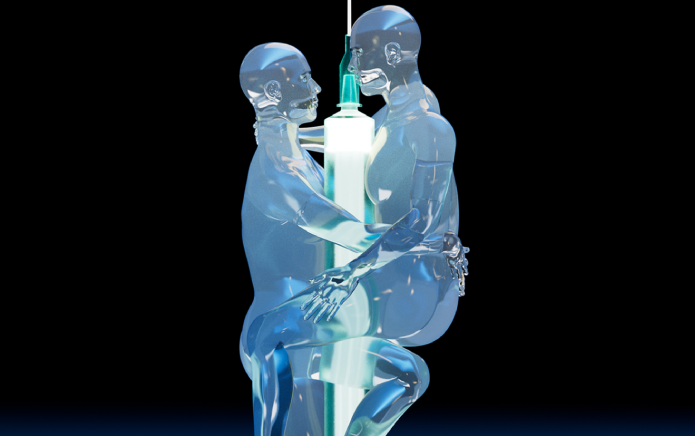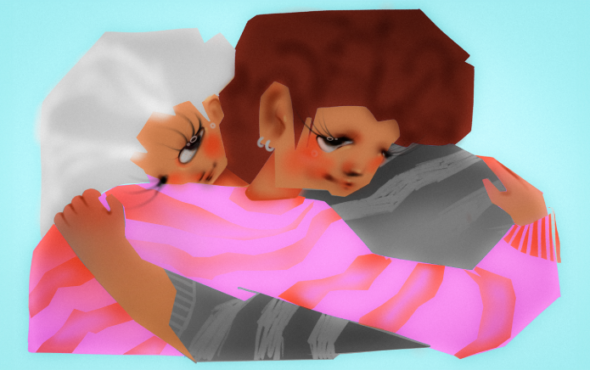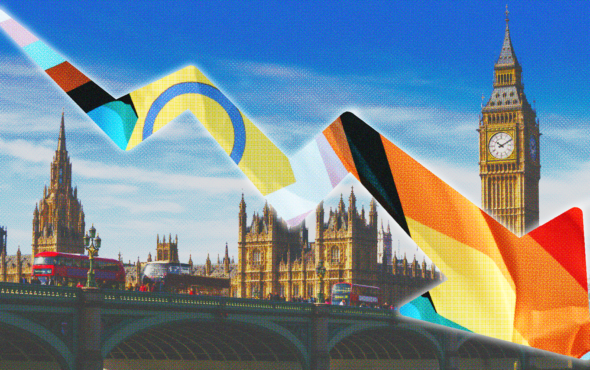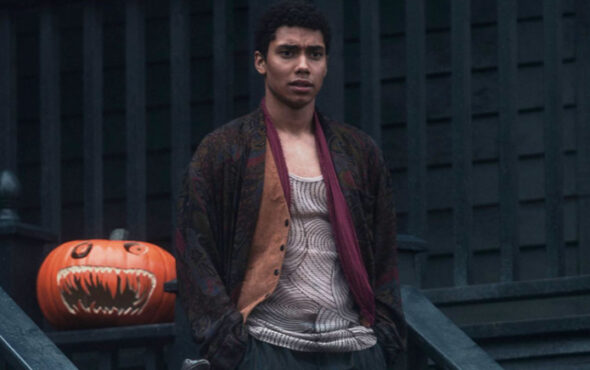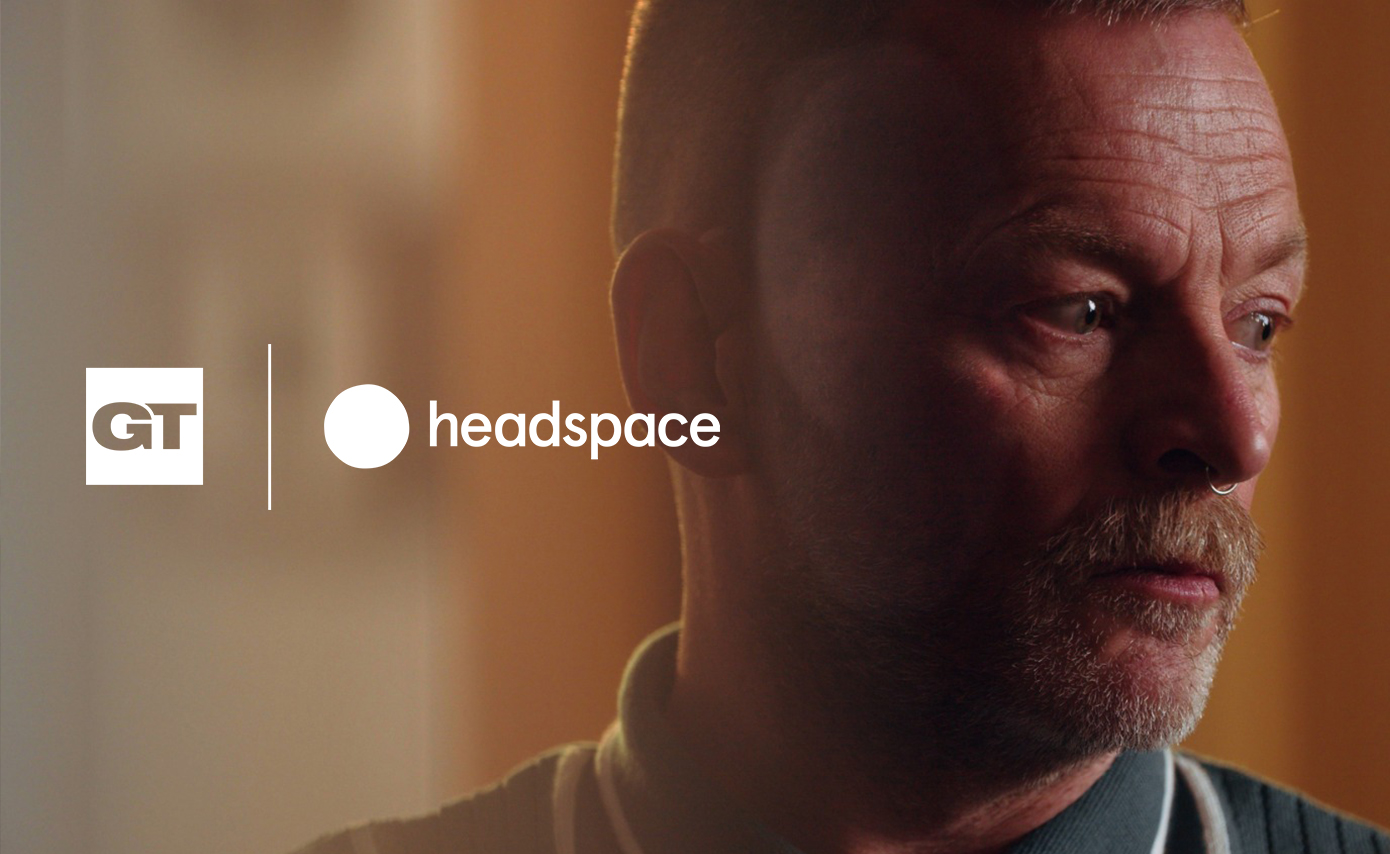
LGBTQ+ people are often familiar with grief. While our lives are filled with joy, possibility and pride, queer people are often faced with immeasurable amounts of loss. However, because of stigma, prejudice and discrimination directed towards the LGBTQ+ community, expressing that grief is not always easy. This leads to what is known as disenfranchised grief.
Coined by leading expert on grief counselling and therapy Dr Kenneth Doka, disenfranchised grief refers specifically to “grief that a person experiences when they incur a loss that is not or cannot be openly acknowledged, socially sanctioned or publicly mourned”.
Disenfranchised grief, Dr Doka says, can occur for a number of reasons: perhaps the loss is not seen as worthy of grief, something that might happen if the loss is not death related; maybe there is stigma attached to how someone has died or perhaps the relationship that someone is grieving itself is stigmatised; or perhaps the person grieving is not even recognised by those around them as someone experiencing grief.
While loss is always difficult to deal with, disenfranchised grief can make the grieving process that much harder. Nevertheless, it’s something that LGBTQ+ people have experienced throughout history and continue to struggle with today.
The most devastating and widespread example of disenfranchised grief experienced by the LGBTQ+ community can undoubtedly be traced to the HIV/AIDs crisis. 53-year-old Denis remembers the crisis only too well. HIV/AIDs became tangible for Denis after he relocated from Northern Ireland to London in the 1980s. “I started losing people. People who were close to me,” he says. “It kind of just wiped out this generation of beautiful young men.”
Denis recalls how a culture of fear and stigma associated with HIV and being gay, something perpetuated by government and the media, meant that families might ostracise and cut off the queer community that previously surrounded someone who had died or was dying because of AIDs-related complications. It meant that many weren’t queer people were unable to partake in funerals or express their emotions over their losses. “That’s what disenfranchised grief is for me,” Denis says. “It’s that separation from being in the moment.”
Of course, while people living with HIV today can lead long, healthy lives, during the height of the crisis, many feared that a positive diagnosis would lead to death. This meant that many individuals couldn’t process their HIV diagnosis. Denis recalls finding out his own status and feeling like he was alone and isolated. “I cut myself off,” he says.
The stigma still associated with HIV today means that people can still feel isolated and alone when they discover that they’re HIV+. This can prevent them from processing and dealing with their diagnosis properly. However, there are also wider issues that continue to affect LGBTQ+ people.
According to Stonewall, only half of LGBTQ+ people feel able to be open about their sexual orientation or gender identity to everyone in their family, while almost one in five LGBTQ+ people have experienced homelessness at some point in their lives. Research conducted by akt, the LGBTQ+ youth homelessness charity, showed that half of LGBTQ+ young people said that they feared that expressing their LGBTQ+ identity to family members would lead to them being evicted.
Even expressing yourself at work can be difficult, with more than a third of LGBTQ+ people feeling that they’re not able to be open about their sexual orientation or gender identity because of fear of discrimination. And at school, 42% of LGBTQ+ pupils say that they have experienced bullying in the last year.
In fact, recent Home Office statistics highlight how far things still need to progress, as in the last four years, anti-LGBTQ+ hate crime has doubled. All of this creates a culture where LGBTQ+ people may feel unable to express loss for whatever reason over fears of persecution, rejection or ostracization, ultimately leading to disenfranchised grief.
Nevertheless, attitudes and acceptance of LGBTQ+ people has certainly improved over the last few decades, with dedicated organisations like Switchboard, the Terrence Higgins Trust and akt all offering specific services for LGBTQ+ people, those living with HIV+ or young LGBTQ+ people who may be experiencing homelessness. Mental health charities such as Mind similarly offer specific support for LGBTQ+ individuals.
Additionally, there are other mental health services that people can access if they’re struggling with disenfranchised grief. For Denis, therapy was a way for him to work through and manage his grief. “That unlocked an ability for me to be able to talk to other people, people close to me, and allow them in,” he says. “Although I still find it tough to tell them exactly how I’m feeling.”
Headspace can also be a beneficial tool for those moments when you’re struggling with your mental health or grief by providing science-backed meditation and mindfulness tools that help you create life-changing habits to support your mental health and find a healthier, happier you. Headspace has even created LGBTQ+ specific content to support anyone in need of guidance.
Fundamentally, though, having people around you, whether that’s your biological family or your chosen family, will help anyone feel held and supported in their grief. By giving people space to express their feelings of loss, they are able to work through their grief and move forward.
“Whatever you need to do to process your grief, don’t stop yourself from doing things,” Denis says. “When as a community we commune, we’re so strong. Don’t discount anybody or their experiences, no matter how young they are or how old they are. You can learn something from every single person. Just be open to the lessons.”
Headspace and GAY TIMES have partnered on a collection of meditations and videos to illuminate the community’s stories, foster allyship, and celebrate the LGBTQIA+ experience. For a 30-day free trial of Headspace, visit headspace.com/pride. If you’re struggling with grief or loss, you can contact Switchboard LGBT+ helpline on 0300 330 0630 for advice.
View this post on Instagram
